
The dinner bell tolls for thee, Dr. Lecter: tomorrow, the third season of NBC’s Hannibal is being released on DVD and Blu-ray, and it will no doubt be a day of mixed emotions for Fannibals. By all accounts, the critically beloved, criminally under-watched psychodrama is done for good, having ended an improbable run as TV’s most horrifying, beguiling, and richly visualized show. The best always leave you wanting more, and while series diehards will have a glut of new DVD extras to feast on in the home release, Hannibal deserved to be more than a three-course meal.
To celebrate the third season’s release, we spoke with creator and showrunner Bryan Fuller about the series as a whole, and what Hannibal’s ideal (possible?) future would look like. Whether dishing on the DVD special features, paying his respects to the author and collaborators who made Hannibal possible, or diving into how the series’ sausage was made, Mr. Fuller’s insights offer just a taste of the pleasures to be found in one of this year’s best shows.
Check out what he had to say below, and enjoy!
The home release for this last season is something of a bittersweet occasion for fans. Was putting this set together tougher than the last two? It might be a bit like worrying about the details on invitations to a wake.
Bryan Fuller: [laughs] Oh no. I worry about the details on everything, so it wasn’t about being a futile effort. It was about making sure we got the Fannibals the best possible version of the Season 3 collection, with a ton of extras, and a ton of commentaries, and making sure that they know that we are as invested as they are in this show.
Can you open up about who’s going to be on those commentaries?
BF: Yes! There’s commentaries with Hugh Dancy, and Richard Armitage, and Rutina Wesley, and even Patton Oswalt drops in on a commentary for episode two. There’s a lot of fun had in those conversations that’s essentially conversations with myself and the actors. Gillian Anderson did a commentary, so we had quite a few of the actors participating.
How did the Patton Oswalt commentary come to be?
BF: He was recording something in the same sound studio that we were and he asked if he could do an ambush commentary.
So that means we get his reaction to the heart stag in episode two then?
BF: Yes, that is exactly when he walks into the room!
Outside of those commentaries, is there anything in particular on the set you’re going to be happy to have out in the world? You guys have always done well by your gag reels.
BF: The gag reel is hilarious, Raúl Esparza is the star of the gag reel. Him in the burn makeup cackling, and clacking his teeth is definitely the highlight [laughs]. The documentaries that our Blu-ray producer Cliff Stephenson cut together for the show are fantastic. He made a great documentary on adapting “Red Dragon,” and there’s a few different documentaries that he produced that are wonderful addendums to the story that we’re telling.
Looking back on the third season as adaptation, was it difficult making that shift between the first half, when you’re telling your own story about Hannibal’s time on the run in Europe, and then at the midpoint finally having “Red Dragon” the book dictate where things were going?
BF: It was always a very – I wouldn’t say “smooth” handoff. It was more of an abrupt handoff of the episodes ending the European-Verger arc with episode seven, and then episode eight we’re three years later, and everybody has changed so dramatically based on their experiences. It allowed us a flush of new energy for the storytelling and the character dynamics, so it was very welcome. It was almost a buoy to swim to, and recalculate the trajectory of the series in a great way. That was actually a huge gift to the storytelling.
It’s a great narrative to pull from, but over three seasons you had pretty much picked the book clean for smaller details.
BF: [laughs] Oh yeah, there was a couple of times in there where it was like, “Shit, we used that line already, and this whole scene we recontextualized.” There was once when Hugh had to call me and say, “Didn’t we use this line with Abigail in Season 1?” And I was like, “Fuck, yes, we did.”
Notably, you skip over Francis Dolarhyde’s origins from the book. Was that because of time, or something that worked better for the character?
BF: Well, I think the trouble would have been for us giving so much to a child actor…my concern was finding the right child actor, and then seeing that child actor in Richard Armitage, which could convolute the character in some ways. And I felt it was better to get a glimpse of it and understand that Richard Armitage is Francis Dolarhyde, and not spend too much time with anybody else being Dolarhyde.
The same goes for the earlier part of the season, when we were exploring a little bit of Hannibal’s backstory. There were conversations in the writer’s room, “Do we see young Hannibal?,” and my attitude was, “I don’t want to see anybody else play Hannibal except for Mads Mikkelsen.”


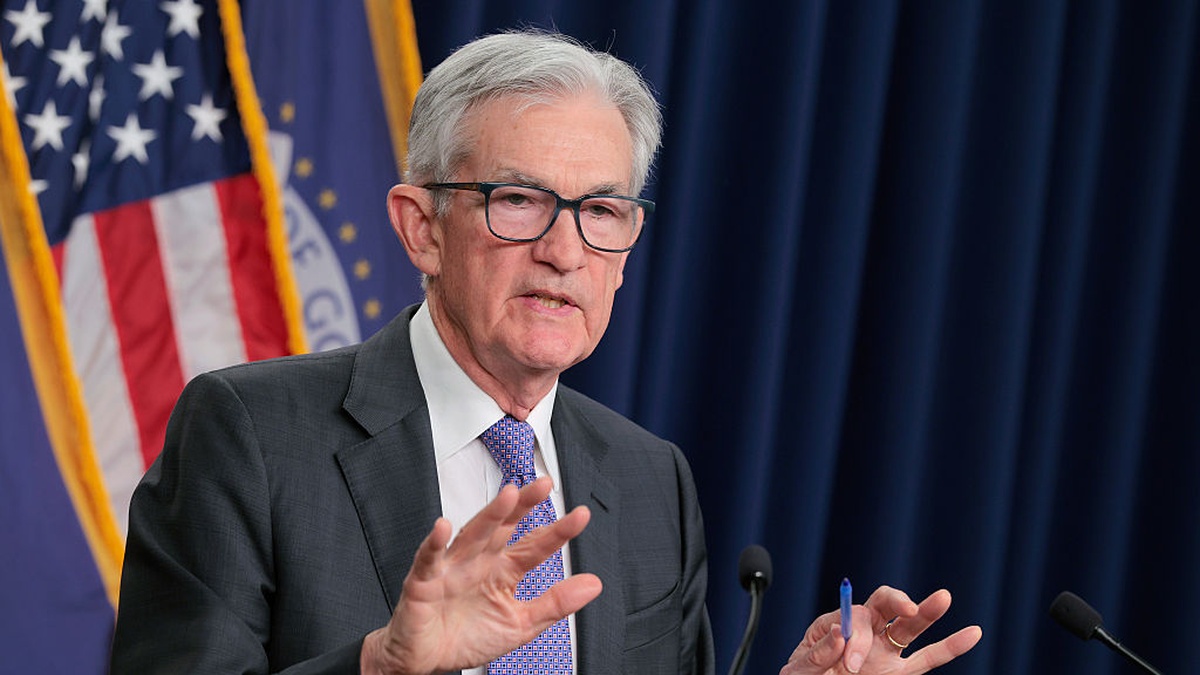

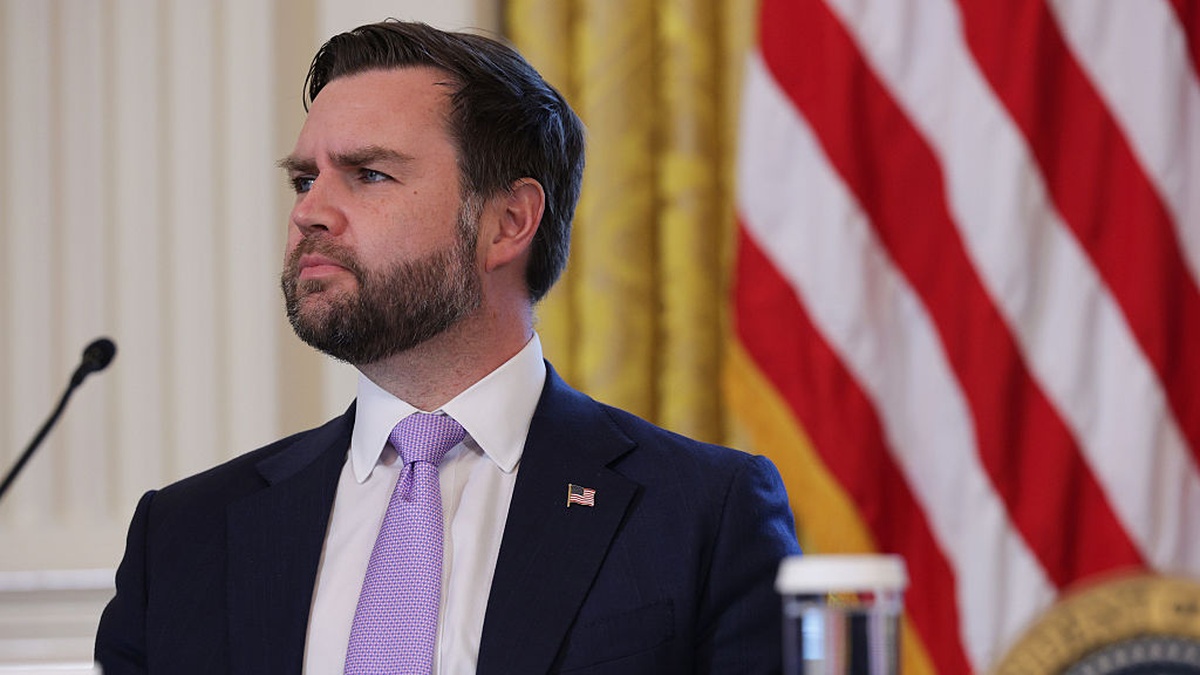
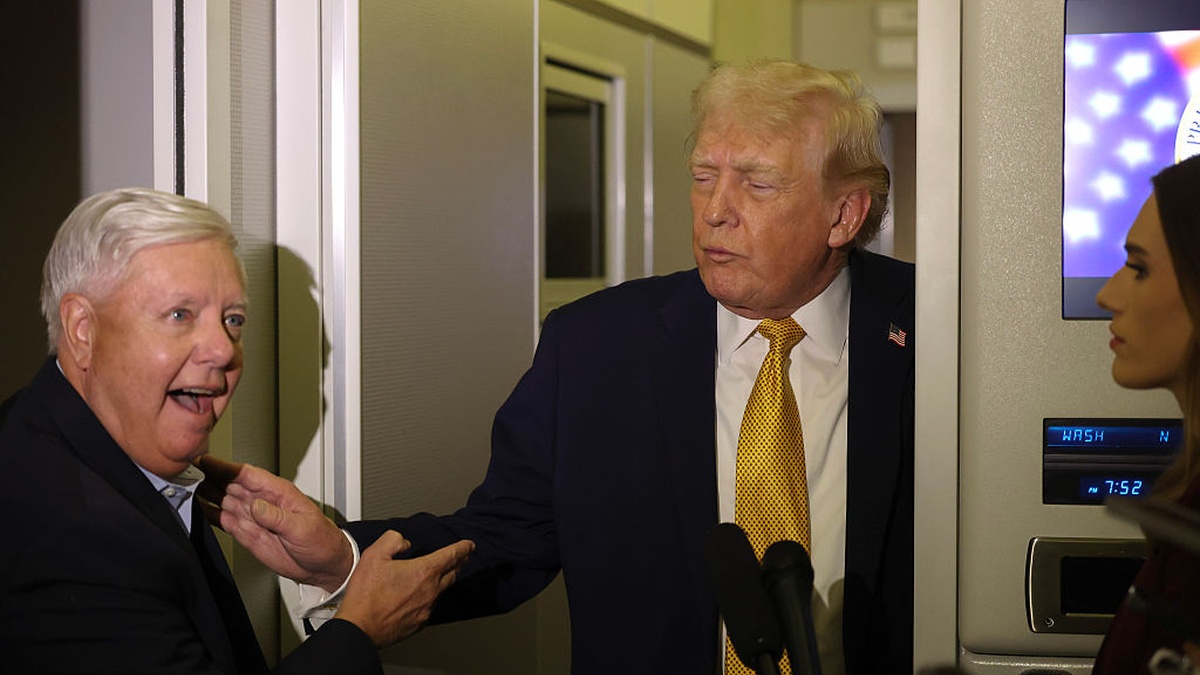
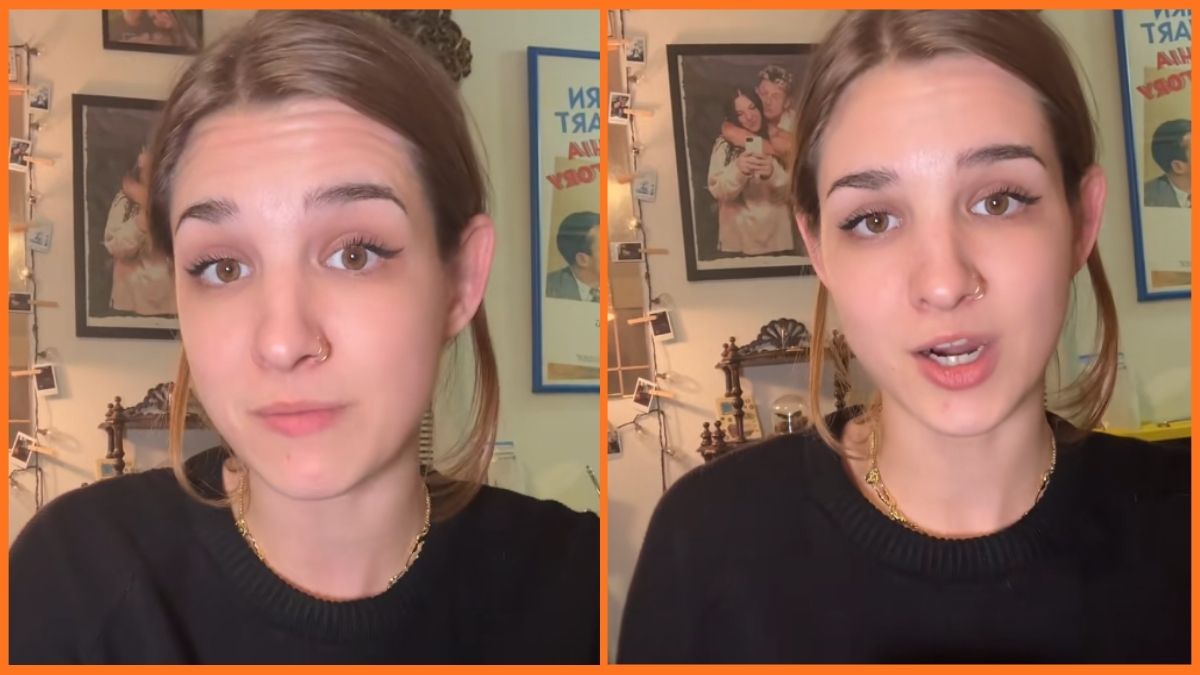
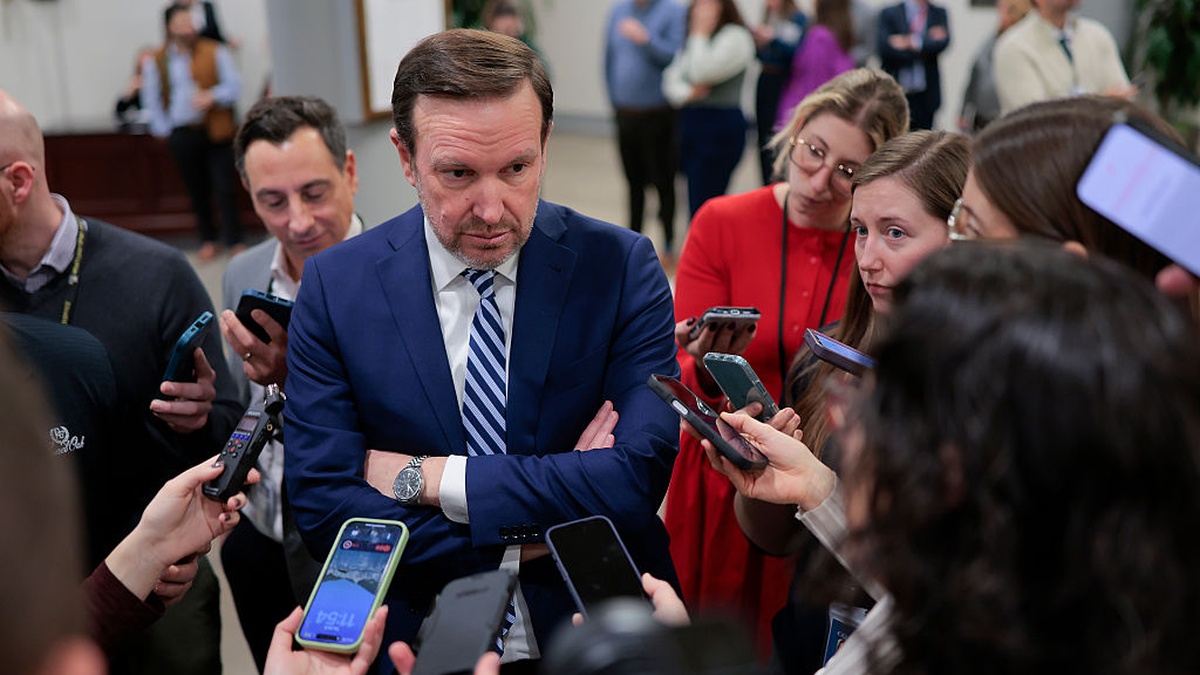
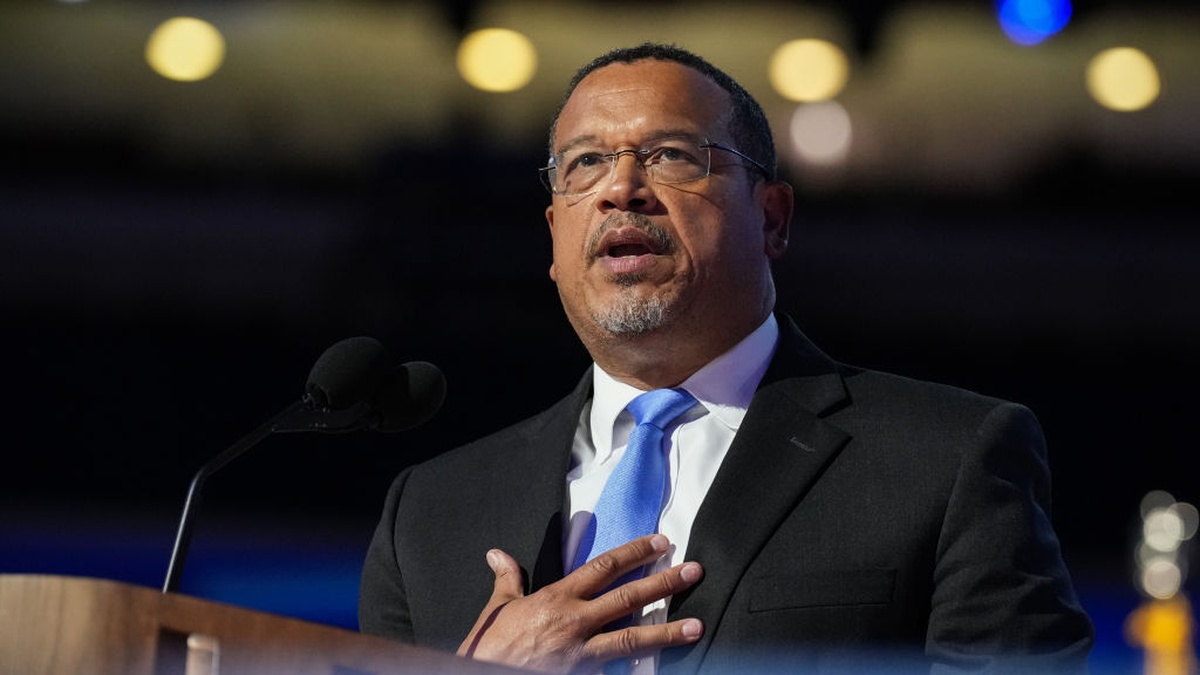

Published: Dec 7, 2015 10:07 am